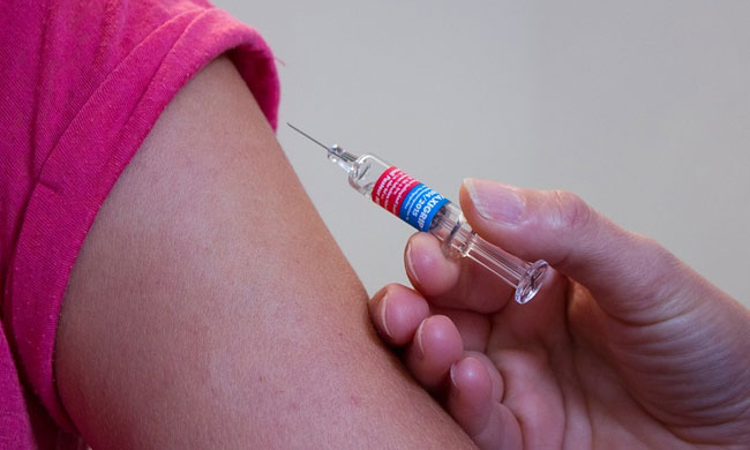- Home
- /
- Know the Law
- /
- Is The Consent Of Accused Required...
Is The Consent Of Accused Required For Taking Blood Samples?
Manu Sebastian
3 Aug 2019 7:30 PM IST
This question has arisen in the context of a road accident which occurred in Thiruvananthapuram during the wee hours of Saturday, which was allegedly caused by Sriram Venkatraman, an IAS officer in the service of Kerala government. K Muhammed Basheer, a journalist, was killed when his bike was hit by a car, which was allegedly driven by the IAS officer. There are reports that the police chose...
Next Story



